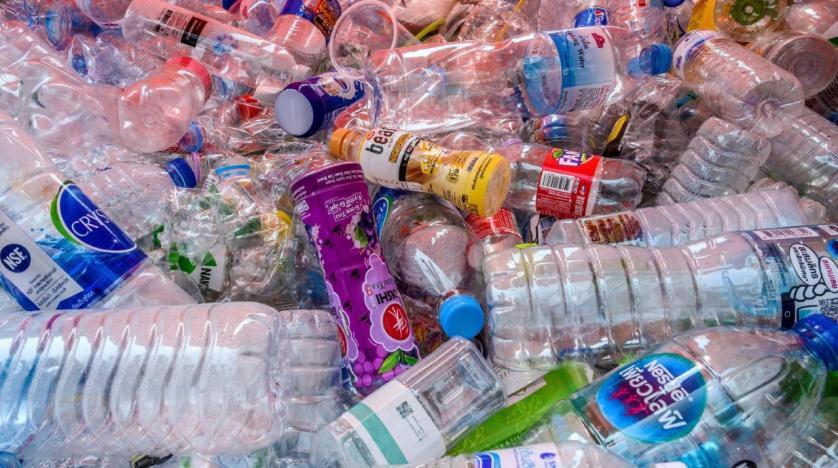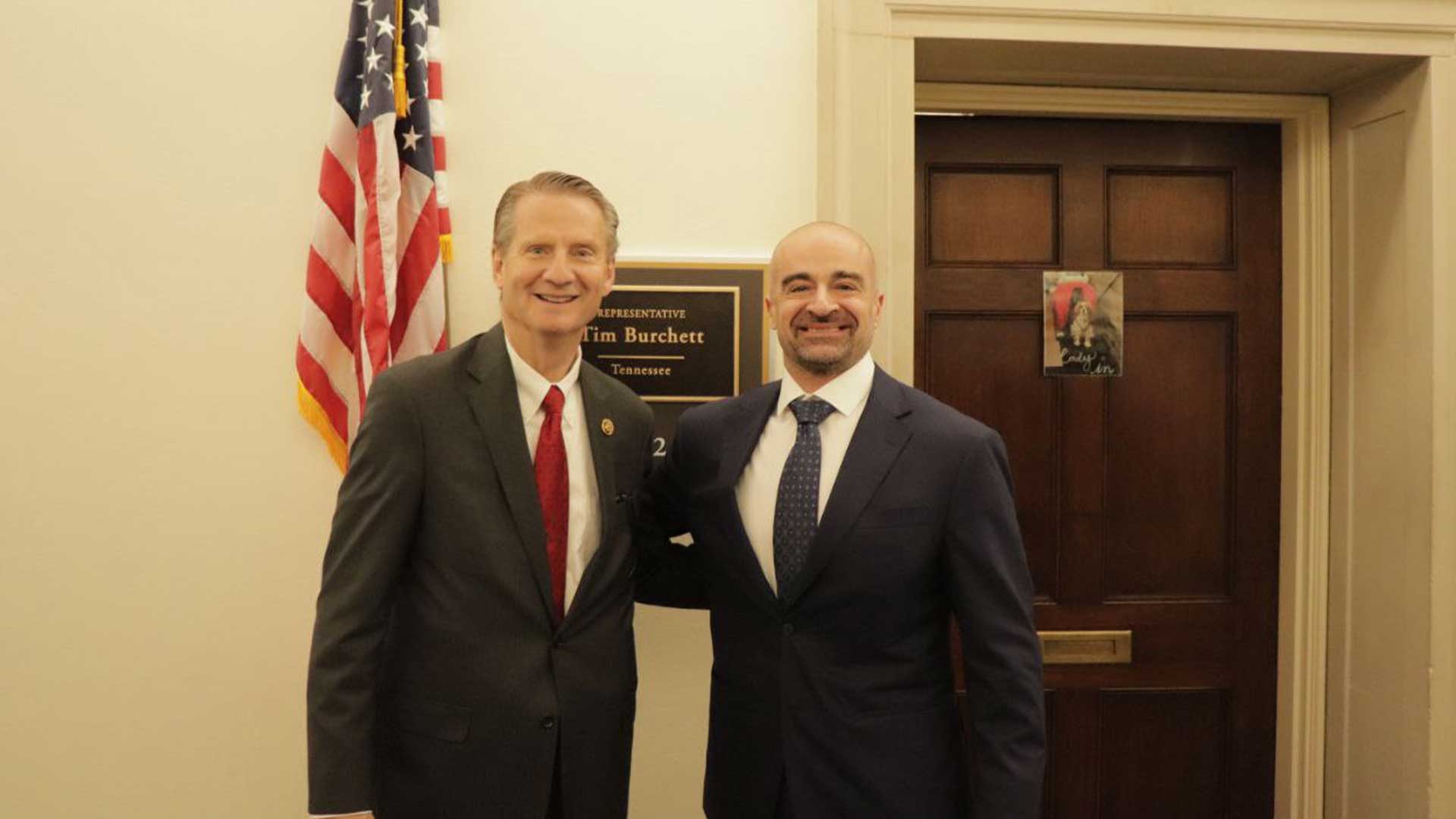Scientists Create First Biodegradable Plastic
Variety 03:30 PM - 2021-04-24
.
Scientists have created the first plastic material that can break down in few weeks when exposed to heat and water. Most compostable plastics, made primarily of the polyester known as polylactic acid, or PLA, end up in landfills and last as long as forever plastics.
US researchers embedded polyester-eating enzymes in the plastic as it's made. These enzymes are protected by a simple polymer wrapping. When exposed to heat and water, the enzyme shrugs off its polymer shroud and starts chomping the plastic polymer into its building blocks. Using an enzyme called proteinase, the researchers reduced PLA to lactic acid, which can feed the soil microbes in compost. According to the research team, the wrapping of the enzyme degrades under ultraviolet light.
The plastic wrapped with enzymes doesn't produce microplastics, and up to 98% of the plastic made using the new technique degrades into small molecules.
"People are now prepared to move into biodegradable polymers for single-use plastics, but if it turns out that it creates more problems than its worth, then the policy might revert back. We are basically saying that we are on the right track. We can solve this continuing problem of single-use plastics not being biodegradable," said Ting Xu, UC Berkeley researcher.
Plastics are designed not to break down during normal use, but that also means they don't break down after they're discarded, which is harmful for the environment. The most durable plastics have an almost crystal-like molecular structure, with polymer fibers aligned so tightly that water can't penetrate them, let alone microbes that might chew up the polymers.
The idea of Xu and her colleagues addresses this problem by adding microbes to plastic before using it. Her key innovation was a way to protect the enzyme from falling apart, which proteins typically do outside of their normal environment, such as a living cell. The wrappings they used are made of molecules called random heteropolymers, or RHPs, that gently hold the proteins together without restricting its natural flexibility.
PUKmedia \ Asharq Al-Awsat
More news
-
DPM Talabani: I Appreciate Spanish Ambassador’s Efforts in Improving Relations Between Both Countries
06:32 PM - 2024-05-08 -
Two Emirs, 6 Terrorists Arrested by Kurdish Security Forces
09:40 PM - 2024-05-06 -
DPM Talabani: Kurdistan Has a Skilled Workforce
07:00 PM - 2024-05-06 -
PUK President Arrives in Washington
06:46 PM - 2024-05-06
see more
PUK President: We Emphasize the Necessity of Holding Timely Elections
03:29 PM - 2024-05-08
The PUK Appeals the Council of Commissioners' Decision
02:26 PM - 2024-05-08
PUK President: Our Goal is to Ensure that Resources are Used to Help Develop the Country
10:47 PM - 2024-05-07
PUK President: Coordination is Important to Maintain Peace in Surrounding Area
09:29 PM - 2024-05-07
Most read
-
PUK President: Coordination is Important to Maintain Peace in Surrounding Area
Economy 09:29 PM - 2024-05-07 -
PUK President: The PUK will Continue its Efforts for the Country’s Stability
P.U.K 08:18 PM - 2024-05-07 -
PUK President: Our Goal is to Ensure that Resources are Used to Help Develop the Country
P.U.K 10:47 PM - 2024-05-07 -
PUK President: We Emphasize the Necessity of Holding Timely Elections
P.U.K 03:29 PM - 2024-05-08 -
The PUK Appeals the Council of Commissioners' Decision
P.U.K 02:26 PM - 2024-05-08 -
DPM Talabani: I Appreciate Spanish Ambassador’s Efforts in Improving Relations Between Both Countries
Kurdistan 06:32 PM - 2024-05-08 -
PUK President: PUK is Committed to Resolving Issues
P.U.K 06:48 PM - 2024-05-08






 Application
Application


